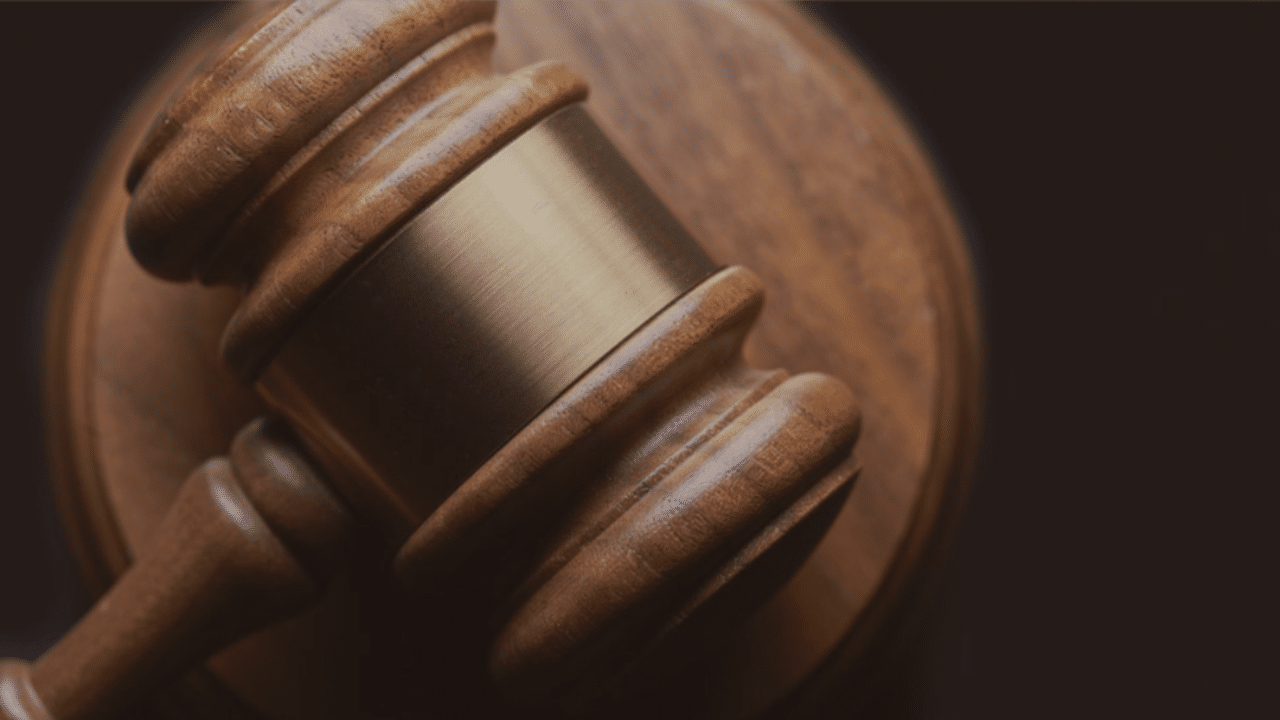Tenth Amendment Center: The President and State Prosecutions

A recent post linked to an article by Burlette Carter on the issue of federal prosecutions of sitting Presidents. For me this, is a non-issue because (as an original matter) I accept the idea of a unitary executive. Anyone with federal prosecutorial power must, in this view, serve at the pleasure and direction of the President. The President is not going to prosecute himself. So there’s no need for the Constitution to speak further to the matter. (Further thoughts on federal prosecution of Presidents from me and others are here).
A more difficult originalist question is whether a sitting President can be prosecuted under state law. And that issue was argued yesterday to the Second Circuit. From NBC News (via How Appealing): Trump’s lawyers argue he can’t be charged while in office — even if he shoots someone. The background:
A panel of three federal appeals court judges appeared to be unreceptive Wednesday to President Donald Trump’s claim that local prosecutors cannot get his financial records as long as he’s in office — and heard an extreme hypothetical example making that case.
The long-standing view of the Justice Department is that a president cannot be indicted while in office. William Consovoy, Trump’s lawyer, told the 2nd Circuit Court of Appeals that the immunity extends to the entire criminal justice process, including grand jury subpoenas for documents.
Manhattan’s district attorney obtained a grand jury subpoena in August for three years’ worth of financial records from the Trump Organization and eight year’s worth of Trump-related business records — including Trump’s personal tax records — from the accounting firm Mazars USA. Prosecutors are investigating whether Trump or his company broke any state laws when they reimbursed his former lawyer, Michael Cohen, for making hush money payments.
And the hypothetical:
Carey Dunne, New York District Attorney Cy Vance Jr.’s general counsel, said the president’s position is too absolute.
There could be examples in which a state should be able to conduct a criminal investigation of a sitting president, “if, for example, he did pull out a handgun and shoot someone on Fifth Avenue.”
Asked about that, [the President’s attorney, William] Consovoy said a president could be charged with such a crime once he was out of office or if he was impeached and removed from office. “This is not a permanent immunity,” he said.
“I’m talking about while in office. Nothing could be done? That’s your position?” Judge Denny Chin asked.
“That is correct,” Consovoy said.
Maybe. But I am doubtful. As Michael Stokes Paulsen recounts in this 2018 post, Aaron Burr was indicted while a sitting Vice President for the murder of Alexander Hamilton:
Burr was subject to criminal prosecution in both New Jersey and New York, for killing Hamilton. As soon as it became clear that there was a genuine risk that he might be indicted, possibly in both states, Burr fled New York, making his way across the Hudson to New Jersey by boat under cover of night, then continuing on to Philadelphia to wait at the home of a friend for things to cool down. They didn’t – at least not for quite some time. A New York “coroner’s jury” determined Hamilton’s death to be a homicide, the result of Burr’s bullet, and arrest warrants were issued for Burr, and for his second in the duel and Hamilton’s second as accessories. A New York grand jury dropped the murder charge in mid-August and replaced it with the lesser charge of sending a challenge to a duel, a state criminal misdemeanor. New Jersey did not prohibit dueling, but that apparently did not preclude an indictment for murder and Burr was in fact indicted for murder by a New Jersey grand jury in October.
Neither prosecution went to trial (because Burr remained outside the jurisdictions), but there do not seem to have been substantial objections on grounds of constitutional immunity. Professor Paulsen concludes:
Can a state indict a federal officer for having committed a state-law criminal offense? (In theory, yes.) Does it matter in this regard whether the alleged offense involves official-capacity conduct? (Yes; a state cannot impair the lawful actions of federal agents or instrumentalities.) Must an officeholder be impeached before he can be indicted or tried for criminal-law offenses? (No, but any criminal-law punishment that effects a practical removal from office – like incarceration and certainly execution – would be a different matter.)
Of course, the Burr precedent does not prove that Constitution allows state prosecutions of Vice Presidents, and of course the President is in a different position from the Vice President. But it does not seem clear from the text and original meaning either that the Vice President has blanket constitutional immunity from state prosecutions or that the President must be treated differently.
NOTE: This post was originally published at The Originalism Blog, “The Blog of the Center for the Study of Constitutional Originalism at the University of San Diego School of Law,” and is reposted here with permission from the author.
Michael D. Ramsey
October 28, 2019 at 11:21AM
